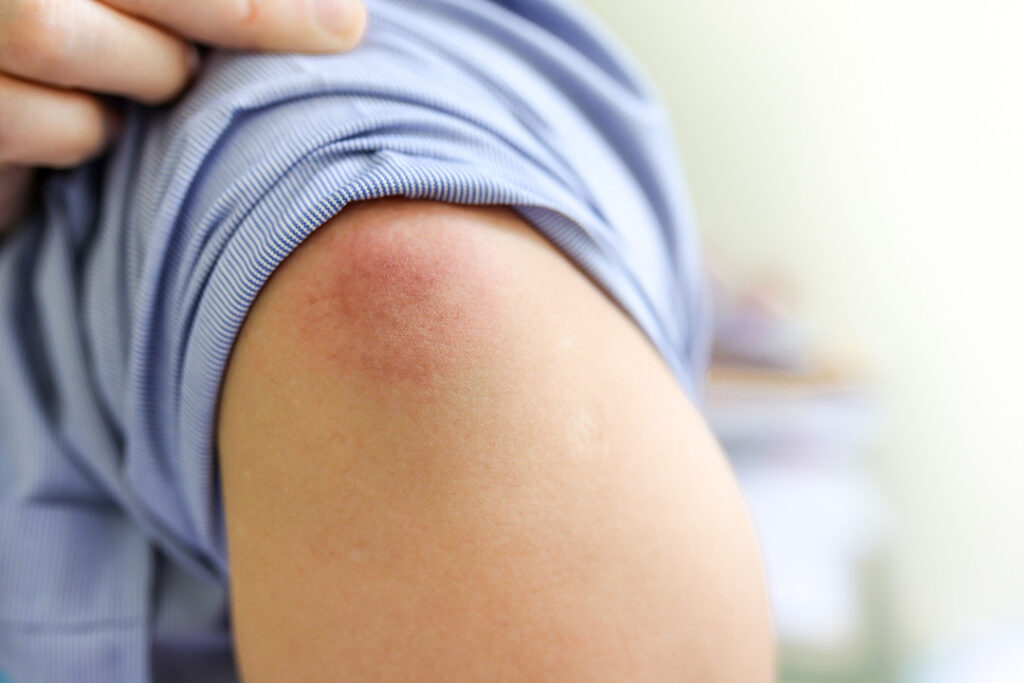Vaccination is one of the most impactful public health achievements of all time. It has saved millions of lives by preventing severe illnesses and reducing the burden of infectious diseases in communities worldwide. For children, timely vaccination is critical, not just to protect the individual but also to safeguard the broader population through herd immunity. Among the essential vaccines, the polio, measles, and rubella vaccines stand out as pivotal in preventing devastating diseases that once caused widespread mortality and morbidity.
Why Vaccination is Crucial for Community Health
Vaccination works by training the immune system to recognize and combat harmful pathogens. It is a proactive strategy to prevent diseases rather than merely treating their symptoms. When a significant portion of the population is vaccinated, it provides indirect protection to unvaccinated individuals by interrupting disease transmission—a concept known as herd immunity.
However, vaccine hesitancy, misinformation, and lack of access continue to threaten vaccination programs, making it all the more important to emphasize their benefits. Diseases such as polio, measles, and rubella, which are largely preventable, can reemerge if vaccination rates drop.
The Role of Polio, Measles, and Rubella Vaccines
Polio Vaccine
Polio is a potentially fatal disease caused by the poliovirus, which can lead to irreversible paralysis. The polio vaccine has been instrumental in the near-eradication of the disease globally.
• Types of Polio Vaccines:
• Inactivated Polio Vaccine (IPV): Administered via injection and used in countries with robust healthcare systems.
• Oral Polio Vaccine (OPV): Administered orally, widely used in mass immunization campaigns due to its ease of administration.
Measles and Rubella Vaccines
Measles is a highly contagious viral disease that can cause severe complications such as pneumonia, encephalitis, and death. Rubella, although milder in children, poses significant risks during pregnancy, leading to congenital rubella syndrome (CRS).
• The Measles, Mumps, and Rubella (MMR) vaccine is a combination vaccine that provides immunity against all three diseases. It is administered in two doses during childhood.
Routes of Administration and Potential Side Effects
• Routes of Administration:
• IPV: Intramuscular or subcutaneous injection.
• OPV: Oral drops.
• MMR: Subcutaneous injection.

Potential side effects!
• Potential Side Effects:
Vaccines are rigorously tested for safety. Common side effects are generally mild and temporary, including:
• Localized redness or swelling at the injection site.
• Fever or mild rash (after MMR vaccine).
• Rarely, severe allergic reactions (anaphylaxis) may occur but are treatable.
Healthcare providers monitor vaccination and respond promptly to any adverse reactions.
What to Do If a Child Misses a Vaccine Dose
Missing a vaccine dose can happen due to various reasons, but it’s essential to catch up as soon as possible to ensure immunity. Guidelines recommend the following steps:

Medical consultation!
1. Consult a Healthcare Provider:
A healthcare professional can assess the child’s vaccination history and recommend a catch-up schedule.
2. Follow Catch-Up Schedules:
public health agencies provide detailed catch-up immunization schedules. For instance:
• MMR vaccine: If the first dose is missed, it can still be administered at any age, followed by a second dose at the appropriate interval.
• IPV: Unvaccinated or partially vaccinated individuals can receive catch-up doses at any time.
3. Avoid Restarting the Series:
Once a vaccine series has begun, there’s no need to restart it, even if there’s a delay between doses. The focus should be on completing the remaining doses.
4. Document the Vaccination:
Keep an accurate record of the child’s vaccinations to avoid future missed doses and ensure compliance with school or daycare requirements.
Conclusion
Vaccination remains a cornerstone of public health. By vaccinating children against diseases like polio, measles, and rubella, we protect not just individual lives but entire communities. Understanding the importance of timely administration, recognizing potential side effects, and knowing how to address missed doses are essential steps in ensuring a healthier, disease-free future.

